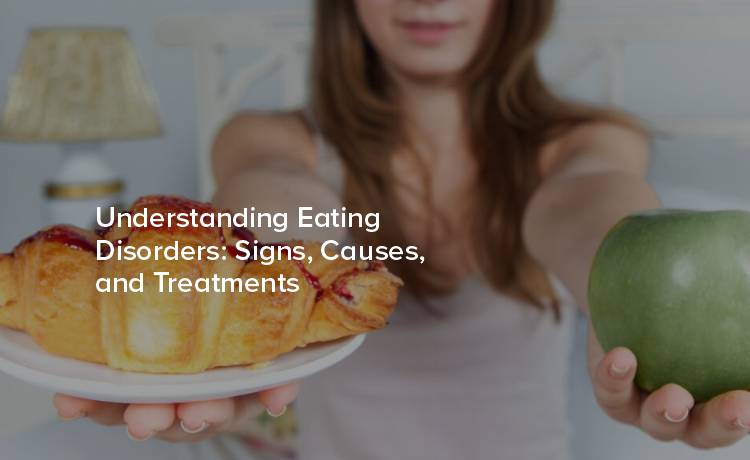
Eating disorders affect millions of people worldwide, yet remain one of the most misunderstood and stigmatized mental health conditions. For those who suffer from them, eating disorders can disrupt every aspect of life, from physical and emotional well-being to relationships and daily routines.
Eating disorders are serious mental health conditions that revolve around unhealthy relationships with food, eating behaviors, body image, and weight. While they’re often associated with extreme dieting, overexercising, or binge eating, eating disorders aren’t simply about food—they are complex illnesses that involve mental, emotional, and often physical challenges.
Common types of eating disorders include:
Eating disorders can affect individuals of any age, gender, socioeconomic background, or body type, although they are most commonly seen in adolescents and young women.
Identifying an eating disorder early can be critical for intervention and recovery. However, the signs can be subtle, and individuals with eating disorders may go to great lengths to hide their struggles.
Physical Signs:
Behavioral Signs:
Psychological Signs:
If you notice these signs in yourself or someone else, it’s essential to approach the situation with compassion and encourage professional support, rather than criticism or judgment.
There is no single cause of eating disorders. Instead, they result from a complex interaction of genetic, biological, psychological, and societal factors.
Research shows that genetics play a role in eating disorders, with individuals who have a family history of eating disorders being at a higher risk. Other biological factors, such as hormone imbalances or irregularities in brain chemistry, may also contribute.
Certain mental health conditions, such as anxiety, depression, or obsessive-compulsive disorder (OCD), may coexist with or exacerbate eating disorders. Perfectionism, low self-esteem, and difficulty coping with stress are additional psychological triggers.
Society’s unrealistic beauty standards—often perpetuated by media and social platforms—are a significant driver of eating disorders. Cultural expectations to be thin, the glorification of dieting, and body-shaming contribute to unhealthy relationships with food and body image.
Additionally, stressful life events, such as trauma, bullying, or significant life transitions (e.g., moving, divorce), can act as environmental triggers for eating disorders.
While eating disorders can feel overwhelming, recovery is possible with the right combination of treatment and support. Evidence-based approaches target the physical, psychological, and emotional aspects of the disorder.
Therapy is at the heart of most eating disorder treatment plans. Common therapeutic approaches include:
Registered dietitians specializing in eating disorders can help rebuild a healthy relationship with food. They provide guidance on nutrition, portion sizes, and breaking the cycle of restrictive dieting or binge eating.
While there isn’t a specific medication to “cure” eating disorders, medications for co-occurring mental health conditions, such as depression or anxiety, can be helpful. Consult with a healthcare provider for options suited to an individual’s needs.
When outpatient care isn’t enough, more intensive programs like inpatient hospitalization or residential treatment centers can provide life-saving care. These programs offer 24-hour support, therapy, and medically supervised recovery efforts.
If you’re trying to help someone you suspect is struggling with an eating disorder, approach the situation gently. Use compassionate language rather than expressing anger or frustration. For example:
Encourage them to seek professional help and remind them that recovery is possible. Be patient, as the process will take time, and relapses are a normal part of healing.
Early intervention plays a vital role in recovery. The longer an eating disorder goes untreated, the more entrenched it becomes—impacting not only physical health but also emotional wellbeing and brain function. Recognizing the early signs and taking action as soon as possible can significantly improve outcomes and reduce the risk of long-term complications.
Eating disorders are complex, multi-faceted conditions, but with support and the right resources, recovery is entirely possible. Whether you or someone you know is struggling, taking that first step toward seeking help can be life-changing.